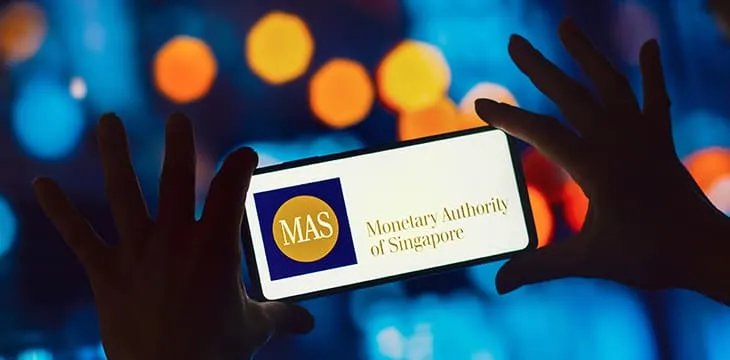|
Getting your Trinity Audio player ready...
|
The Monetary Authority of Singapore (MAS) announced at the end of October that it had completed the first stage of a retail central bank digital currency (CBDC) pilot. Dubbed Project Orchid, the pilot explored the possibilities of a CBDC interface between the general public and commercial banks.
The white paper from the study noted that “MAS has assessed that there is no urgent need for a retail CBDC in Singapore at this point in time.” However, the central bank says that the purpose of the pilot is to “facilitate ongoing learning and advance the financial infrastructure in Singapore.”
Part of the reason why MAS believes that there is not a dire need for retail CBDCs is because of the avalanche of payment options available to residents in the country. MAS argues that this could all change if innovative use cases for CBDCs emerge or if virtual currencies not denominated in the Singaporean dollar begin to gain popularity as a medium of exchange.
“Electronic payments in Singapore are pervasive, and households and firms in Singapore are already able to transact digitally in a fast, secure, and seamless manner today,” read the white paper.
In terms of design, the white paper notes that the launch of a potential retail CBDC will be interoperable across different platforms, wallets, and rails. MAS says it will conduct four more trials to test the viability of retail CBDCs despite the earlier claims that it was in no rush to carry out a full-scale launch.
Both government and private firms are testing the waters
DBS Bank, Singapore’s largest bank, has stated that it plans to introduce digital Singapore dollars replete with smart contract capabilities. The plan is part of a pilot carried out in conjunction with the Open Government Products office and seeks to cut down settlement processing times by a great deal.
One thousand individuals and six merchants are participants in the trial to test how the digital currency will operate as vouchers. Several financial institutions are already working to develop a form of currency that will serve as vouchers that can be used by individuals without bank accounts.
“Through piloting “purpose-bound money,” we demonstrate how we can make it easier for the Government to implement voucher programs through smart contracts,” said Li Hongyi, Director of Open Government Products. “We want to test how we can potentially make settlement faster and less costly, and reduce the reconciliation effort of banks, voucher issuers, and merchants.”
To learn more about central bank digital currencies and some of the design decisions that need to be considered when creating and launching it, read nChain’s CBDC playbook.
Watch: The BSV Global Blockchain Convention panel, Small Payments, Big Fun: Micropayments for Casual Games

 07-15-2025
07-15-2025 





